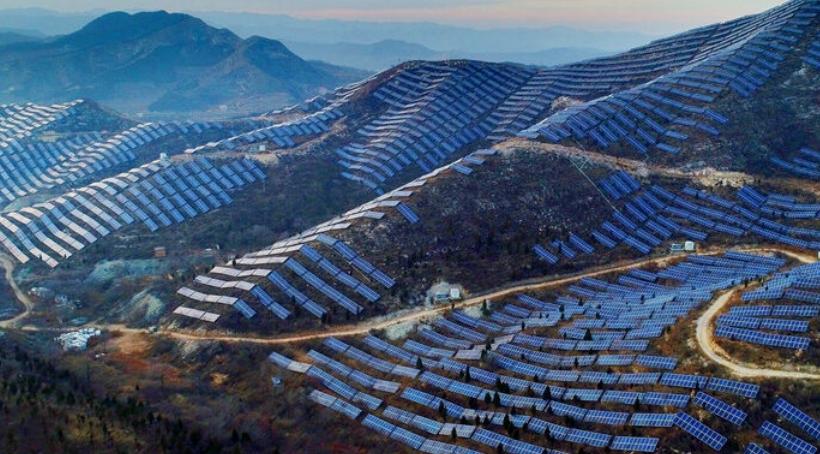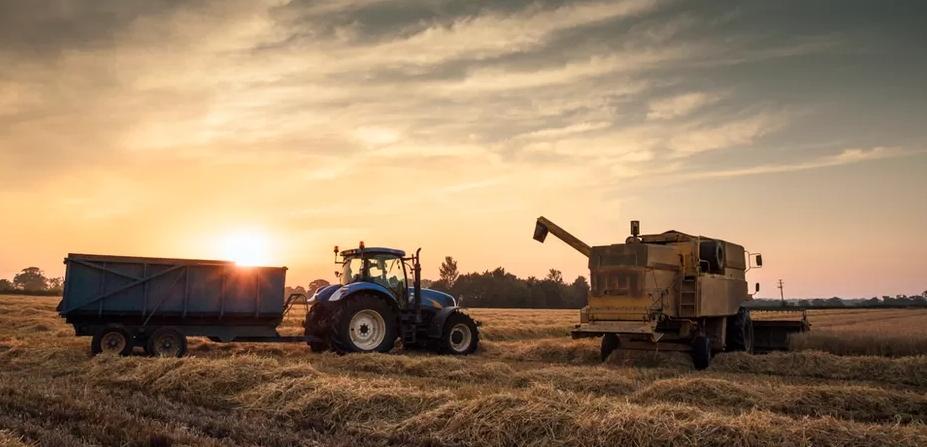The Guardian wrote that the UK Ministry of Environment wants to include the land where many solar farms are currently located, within the scope of productive agricultural land. According to the news, the new secretary of the Ministry thinks that the construction of solar energy infrastructure on these lands does not meet the goal of increasing food production.
The UK environment minister is aiming to expand the definition of farmland to ban most solar farms, The Guardian reports.
According to Helena Horton, the new environment secretary, Ranil Jayawardena, is against the installation of solar panels on farmland, arguing that it undermines the goals of increasing food production and growth.
To that end, government sources say Jayawardena has asked its officials to redefine the “best and most versatile” land classification (BMV) devoted to farming.
In the UK, plots are rated from 1 to 5 and currently the BMV classification includes grades 1 to 3a.
According to the new definition requested, lands in the 3d category, which are called medium to low, will also be included in this scope. This will mean limiting the construction of solar panels on these lands.
On the other hand, currently, most solar farms are built or planned on 3d land. This move will therefore eliminate most new advances in renewable energy source.
This coverage of 3d plots would mean banning solar farms on around 41 percent of the UK’s land area and around 58 percent of farmland. Most of the 4th and 5th class lands are high lands unsuitable for solar infrastructure.
When asked for his opinion on the allegations, Ministry of Environment officials said that “the government is looking for options to protect nature and support farming and economic growth as net zero reaches” and did not reject the claim.
Speaking at the Conservative party conference last week, prime minister Liz Truss drew up a list of “enemies” of green campaigners, which she calls the “anti-growth coalition.” But green campaigners now say that blocking renewable energy construction actually means that the government is part of such a group.
Chris Hewett, chairman of the Solar Energy UK trade association, comments:
“The UK solar sector has been alarmed by attempts to put grand planning rules ahead of cheap, domestic energy. Solar energy is the answer to many needs and policy demands: It reduces energy bills, provides energy security, accelerates growth and helps rural economies. Jayawardena’s opposition to solar farms certainly makes him part of the ‘anti-growth coalition’.”
Dustin Benton, policy director at the Green Alliance think tank, said:
“It would be awkward to redefine the best and most versatile farmland to include non-high-quality soils just to discourage solar farms. That sounds like a tactic that the ‘anti-growth coalition’ could use.”






